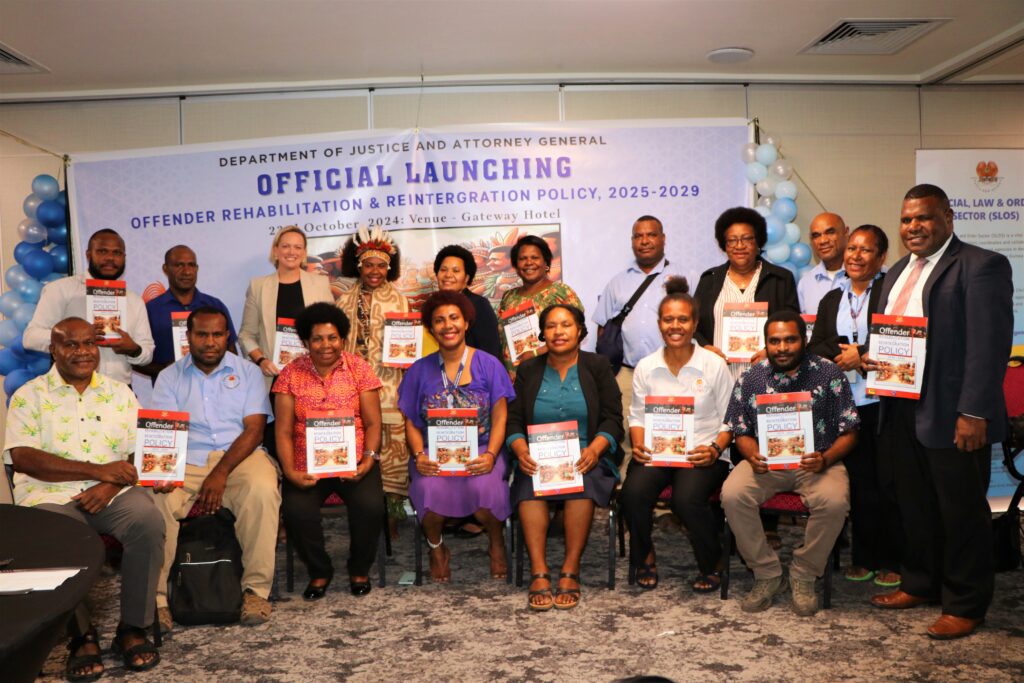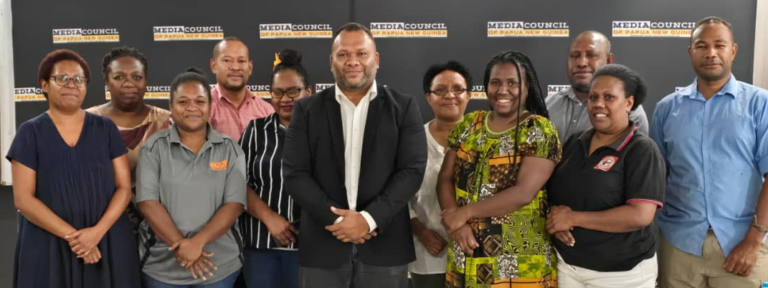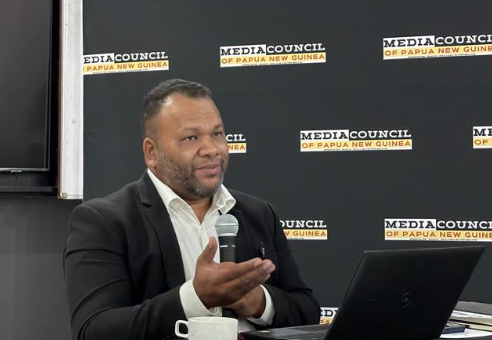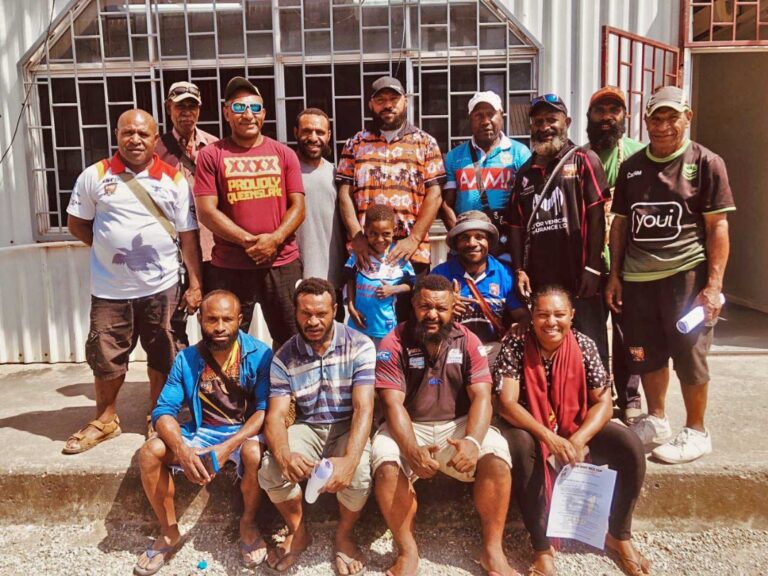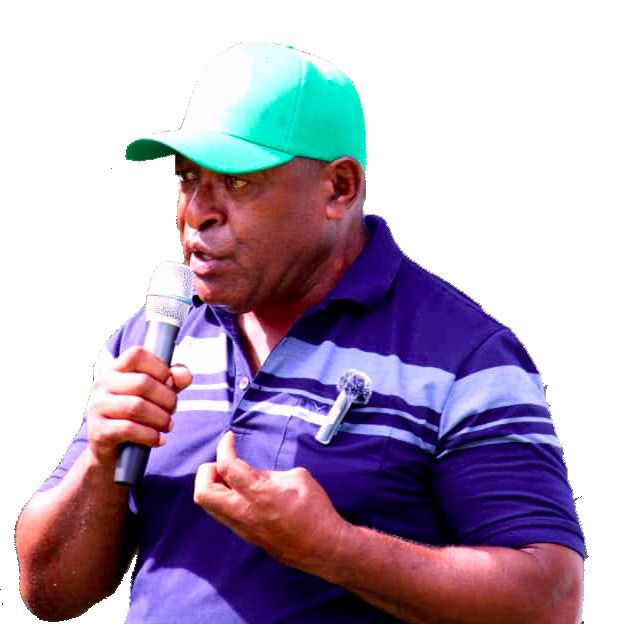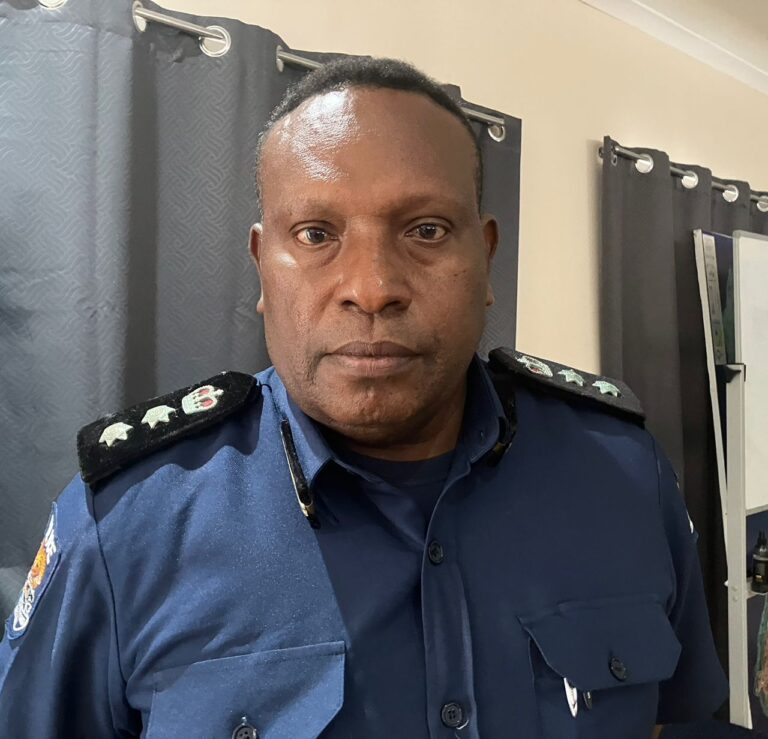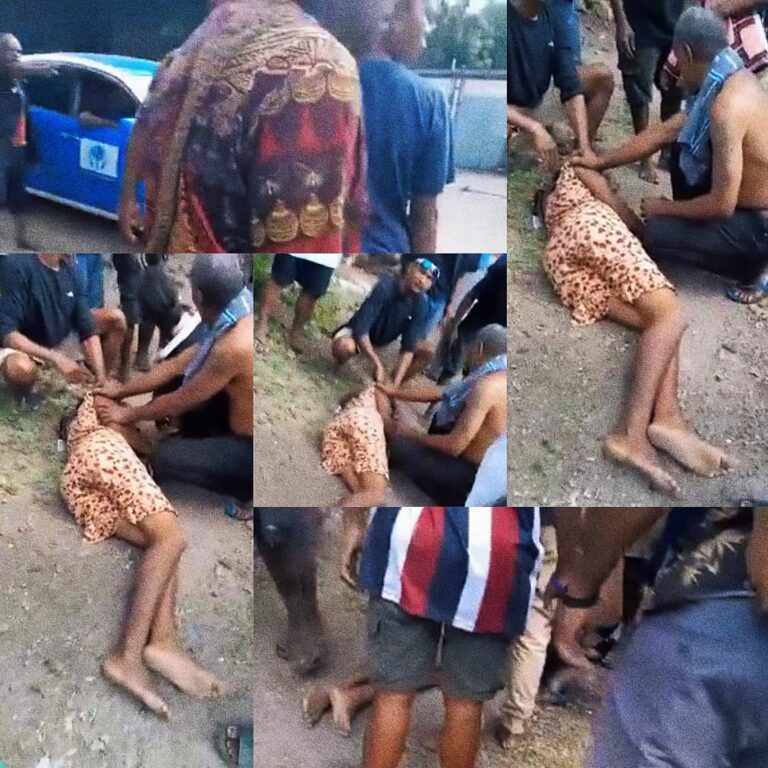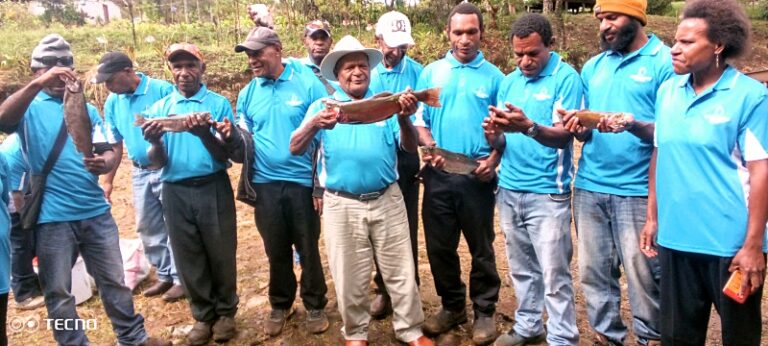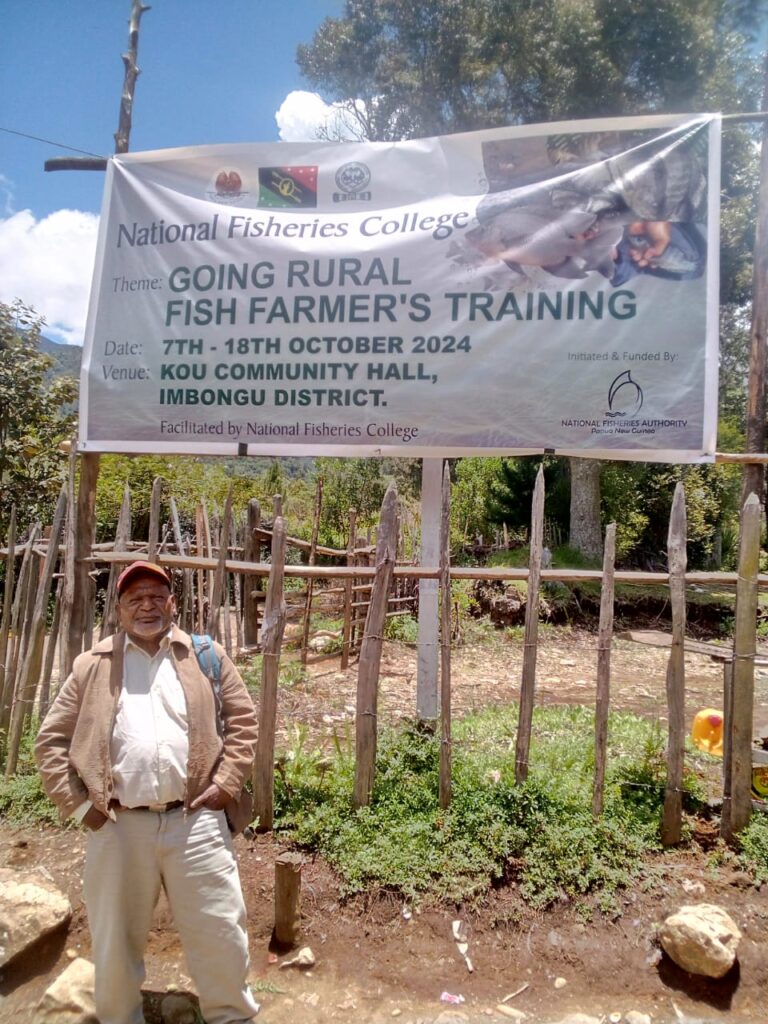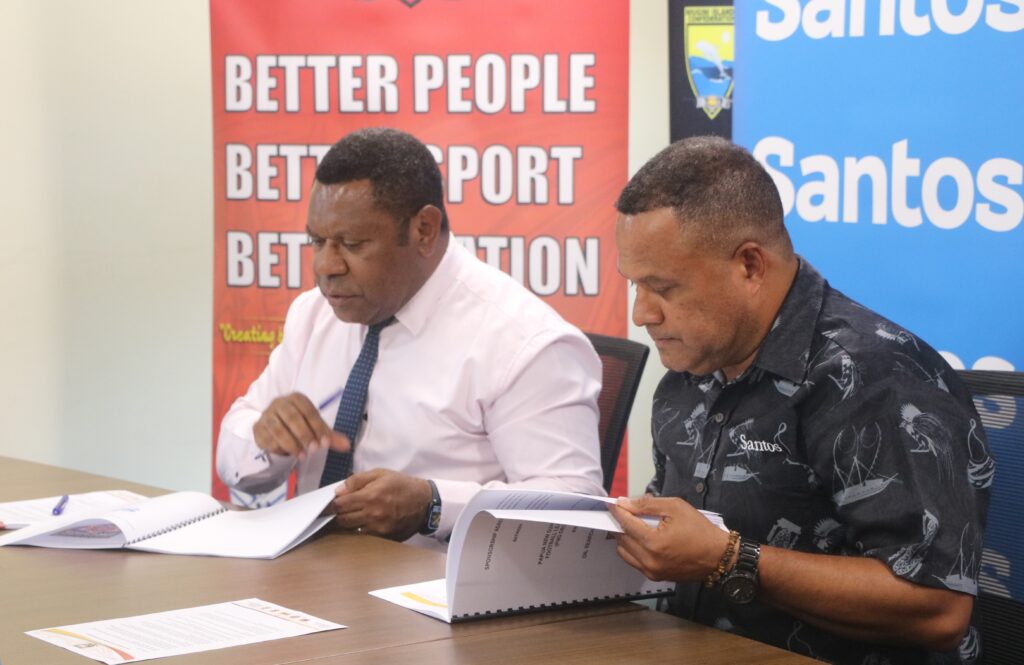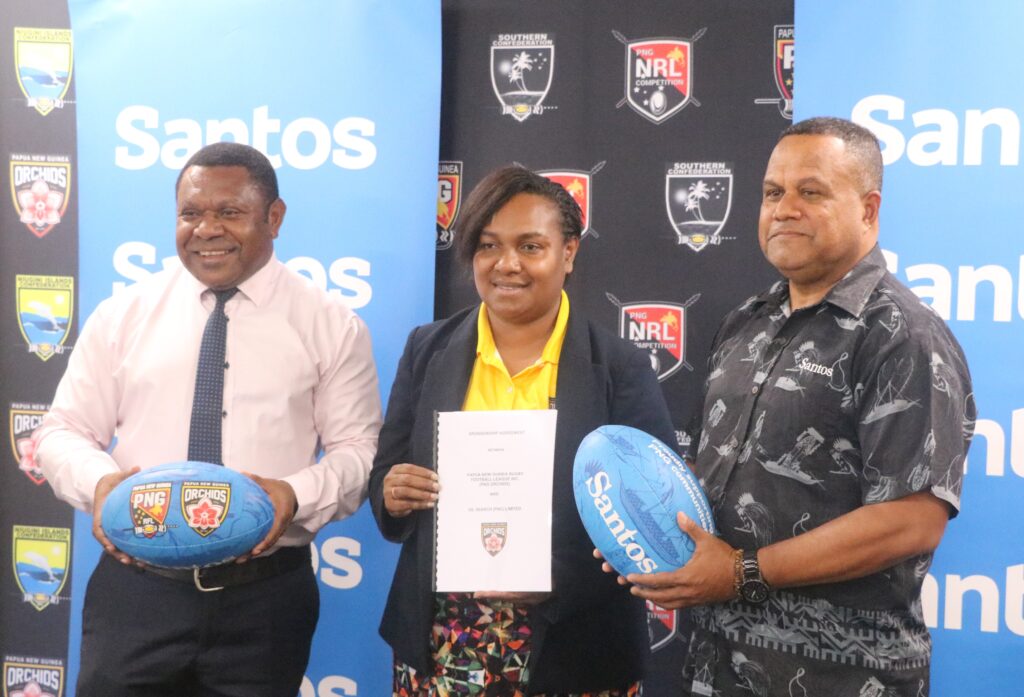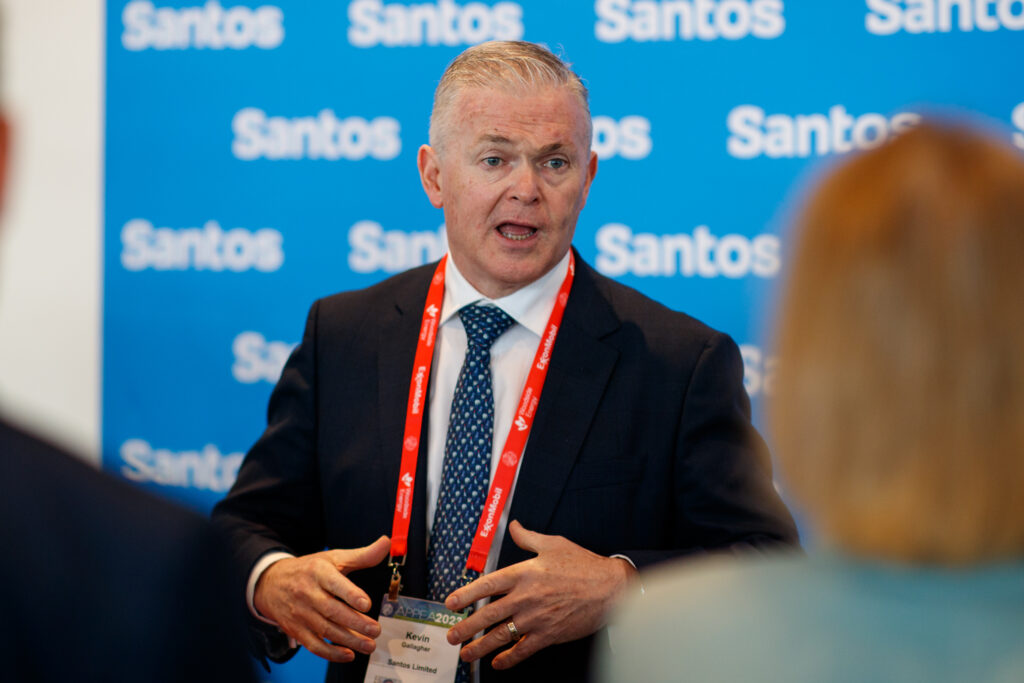The Department of Justice and Attorney General has launched a new policy set to transform Offender Rehabilitation and Reintegration in Papua New Guinea.
Launched in Port Moresby on October 23, 2024, the Offender Rehabilitation and Reintegration Policy is the first of its kind since the inception of Department’s Community Based Corrections Branch in the mid-1970s.
The Policy provides the strategic direction for rehabilitation and reintegration of offenders, enabling a multi-agency collaborative approach that redirects focus on outcome-based strategies, promoting the use of existing networks, governance systems, resources and practices that are best fit to our circumstances.
The Papua New Guinea Government, in partnership with the Australian Government, is committed to implementing this policy and ensuring its success.
The policy, launched by Minister for Justice and Attorney General, Pila Niningi will empower Probation and Parole Officers to play a pivotal role in reducing recidivism and building stronger communities.
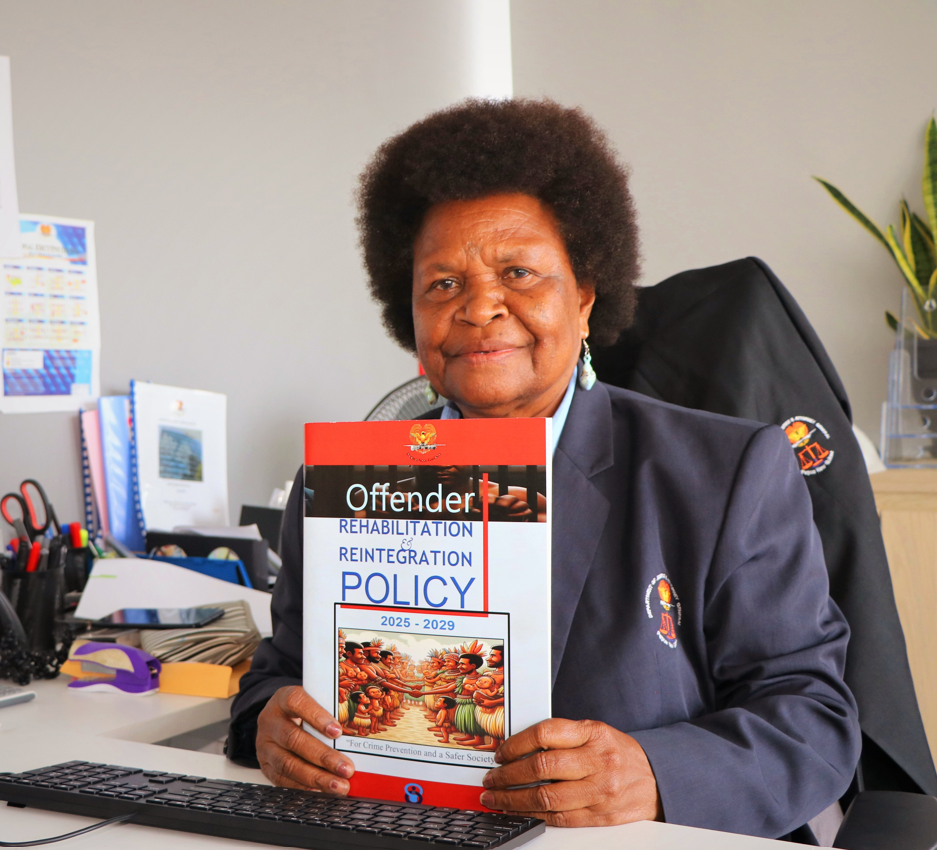
Key features of the policy include:
• Real Pathways to Rehabilitation: Providing offenders with opportunities to learn new skills, find employment, and reintegrate into their communities.
• Enhanced Support Systems: Strengthening the capacity of Probation and Parole Officers to provide effective supervision and support.
• Improved Crime Prevention Programs: Implementing evidence-based programs to address the root causes of crime.
Tessa Plueckhahn, Counsellor for Law and Justice at the Australian High Commission PNG said the policy is a key achievement in the country’s commitment to building a safer and more just society by addressing this very important need to rehabilitate and reintegrate people and have a clear pathway for that and processes, consistent processes in place.
“Because as we all know, punishment alone does not address crime in communities. That hard end of the law, yes it’s necessary, but it’s not the end of the story and it’s not the only way to deliver justice.”
Secretary of the Department of Justice and Attorney General, Dr Eric Kua said the policy will guide the work of the parole services in terms of dealing with parolees that are released into the community.
Elly Naphal, CBC’s Chief Probation Officer, expressed enthusiasm for the policy’s potential to enhance the organization’s capacity and impact.
“This is a significant boost for our efforts to achieve sustainable rehabilitation and reintegration programs in the same way advocates for the important role CBC plays in working with prisoners, communities and partners.”
The development of the policy entailed extensive consultations conducted at both the national and provincial levels.

